It turns out there is something of a limit to NFL fandom, and it exists somewhere near potentially-life-threatening cold weather.
After a banner 2023 season that included gains in both domestic viewership and attendance, the secondary ticket market is crashing for the Kansas City Chiefs’ home playoff game Saturday night against the Miami Dolphins. The reason: projected wind chills of -30°, which would represent one of the coldest postseason games in NFL history. Despite the perennial popularity of the Chiefs and star quarterback Patrick Mahomes, not to mention the playoff setting, tickets for the game could be obtained Friday for less than $40 each.
The only two NFL postseason games with colder wind chills:
- The 1981 AFC Championship Game between the Cincinnati Bengals and San Diego Chargers, dubbed the “Freezer Bowl,” with a wind chill of -59°.
- The infamous “Ice Bowl” 1967 NFL Championship Game between the Green Bay Packers and Dallas Cowboys, with a wind chill of -48°.
Both of those games occurred before the development of the modern secondary ticket market. Several more recent contests with extremely cold weather—such as the 2007 NFC title game between the Packers and New York Giants, which famously turned the face of then-Giants coach Tom Coughlin a deep red—have similarly seen ticket resale markets plummet below $50.
The Chiefs have issued an advisory on game conditions and will operate warming stations around Arrowhead Stadium. The severe cold, meanwhile, should provide some unique visuals for the exclusive streaming presentation of the game on Peacock.
Wild Card, Wild Weather
That isn’t the only NFL Wild Card game, though, set to face extreme weather. The Buffalo Bills’ contest against the Pittsburgh Steelers on Sunday afternoon could be affected by a projected seven inches or more of snow.
The NFL denied a report from Pittsburgh radio station KDKA suggesting that the playoff game could be moved to Cleveland because of the weather, saying “there have been no discussions about making a change to the game’s status.”
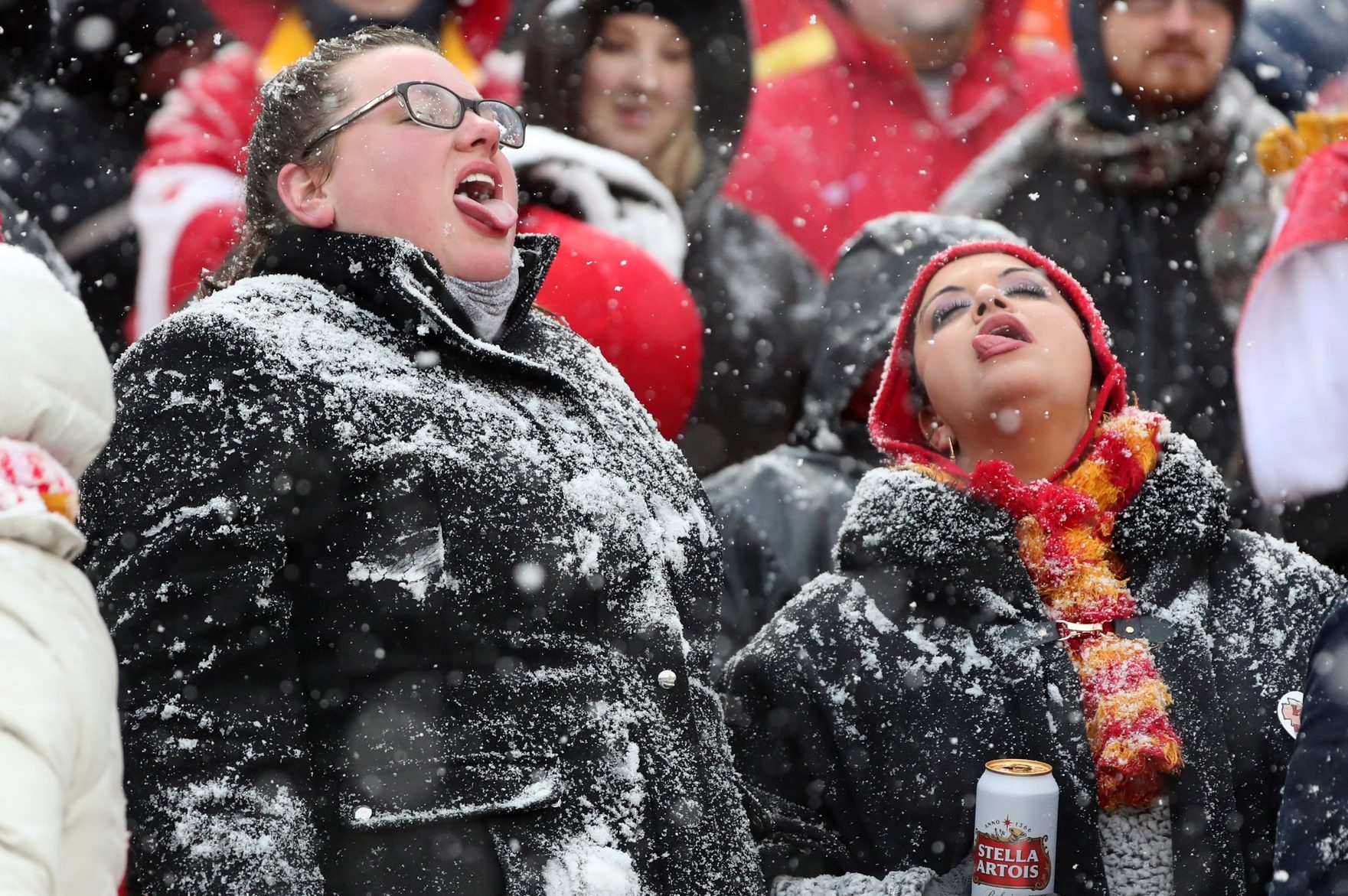
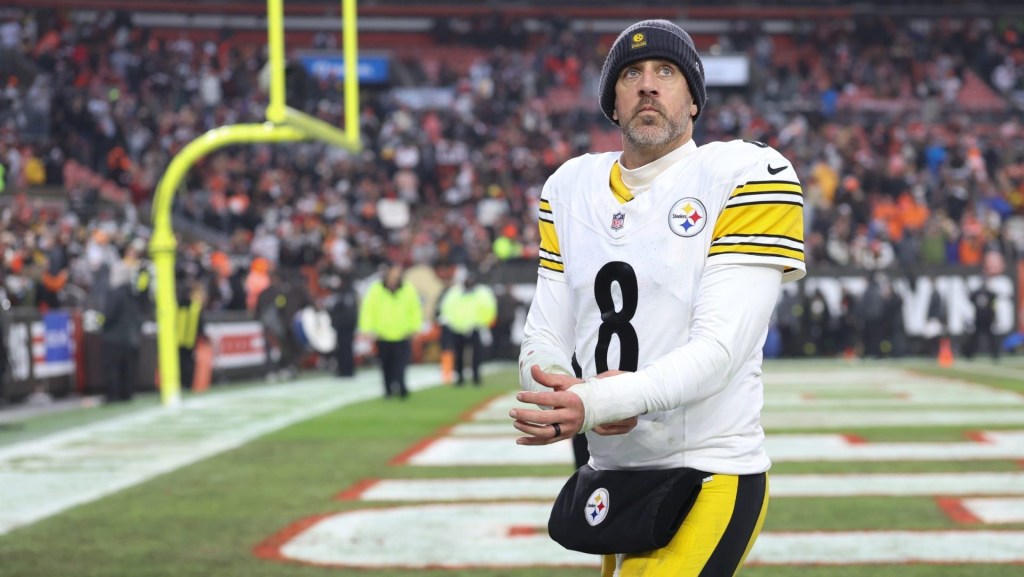
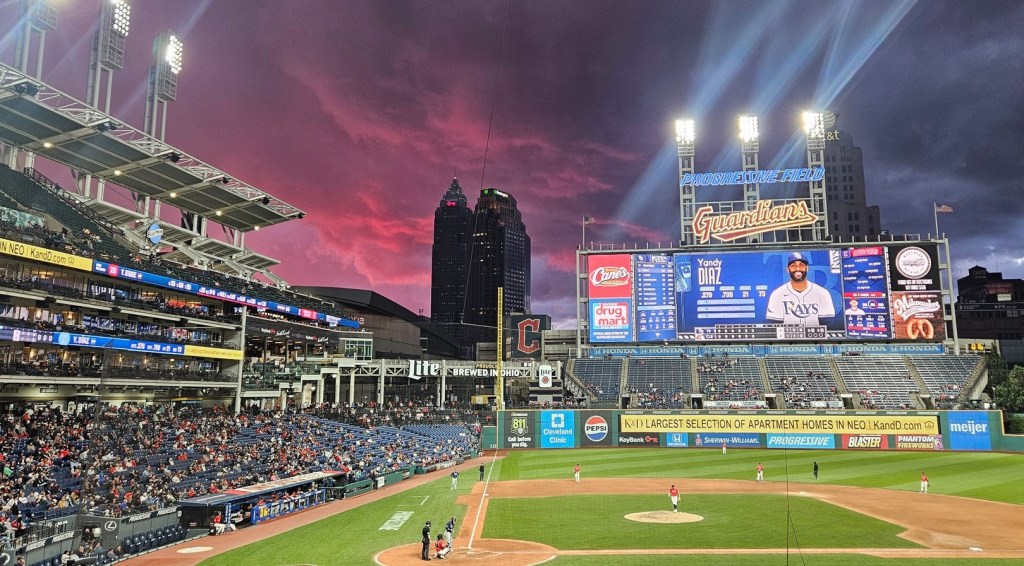





![[Subscription Customers Only] Jun 15, 2025; Seattle, Washington, USA; Botafogo owner John Textor inside the stadium before the match during a group stage match of the 2025 FIFA Club World Cup at Lumen Field.](https://frontofficesports.com/wp-content/uploads/2026/02/USATSI_26465842_168416386_lowres-scaled.jpg?quality=100&w=1024)


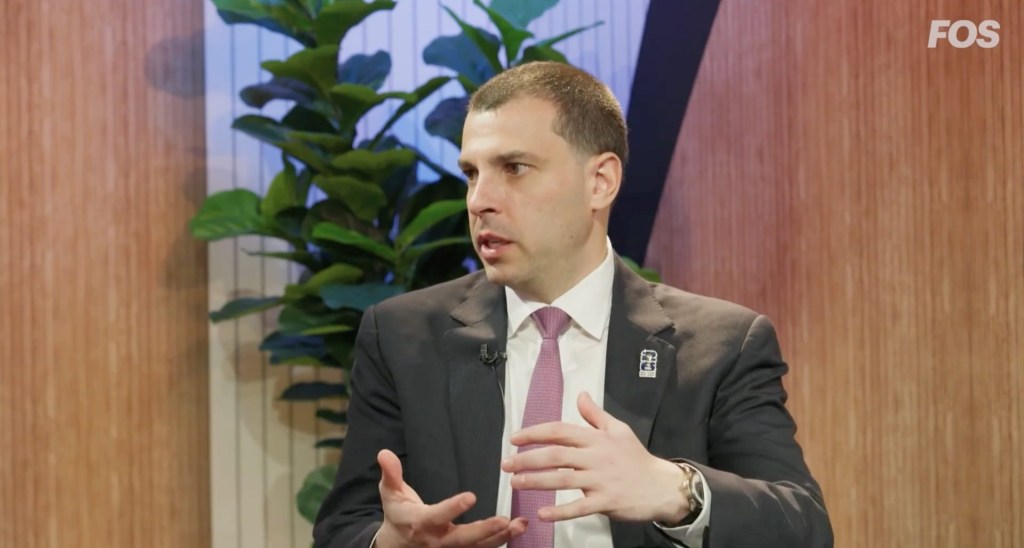



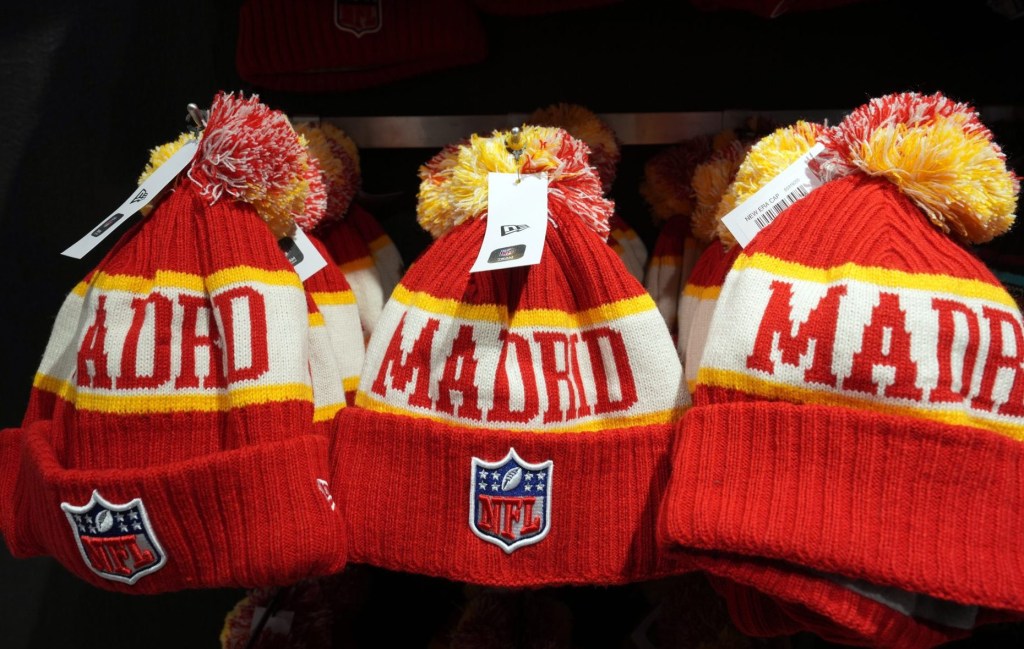
![[US, Mexico & Canada customers only] Feb 6, 2026; Riyadh, SAUDI ARABIA; Jon Rahm in action during the third round of play at LIV Golf Riyadh at the Riyadh Golf Club.](https://frontofficesports.com/wp-content/uploads/2026/03/USATSI_28173562_168416386_lowres-scaled.jpg?quality=100&w=1024)
